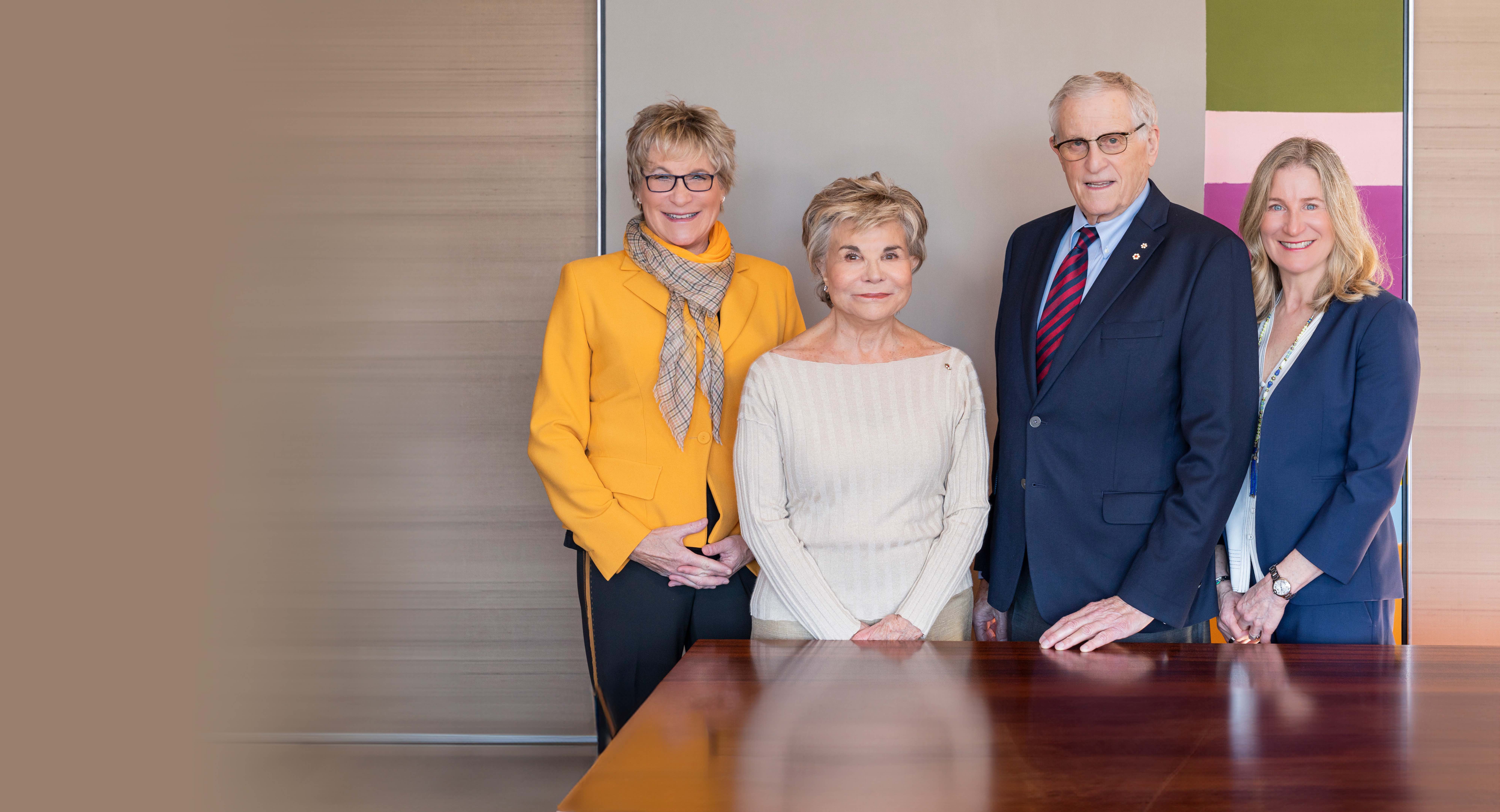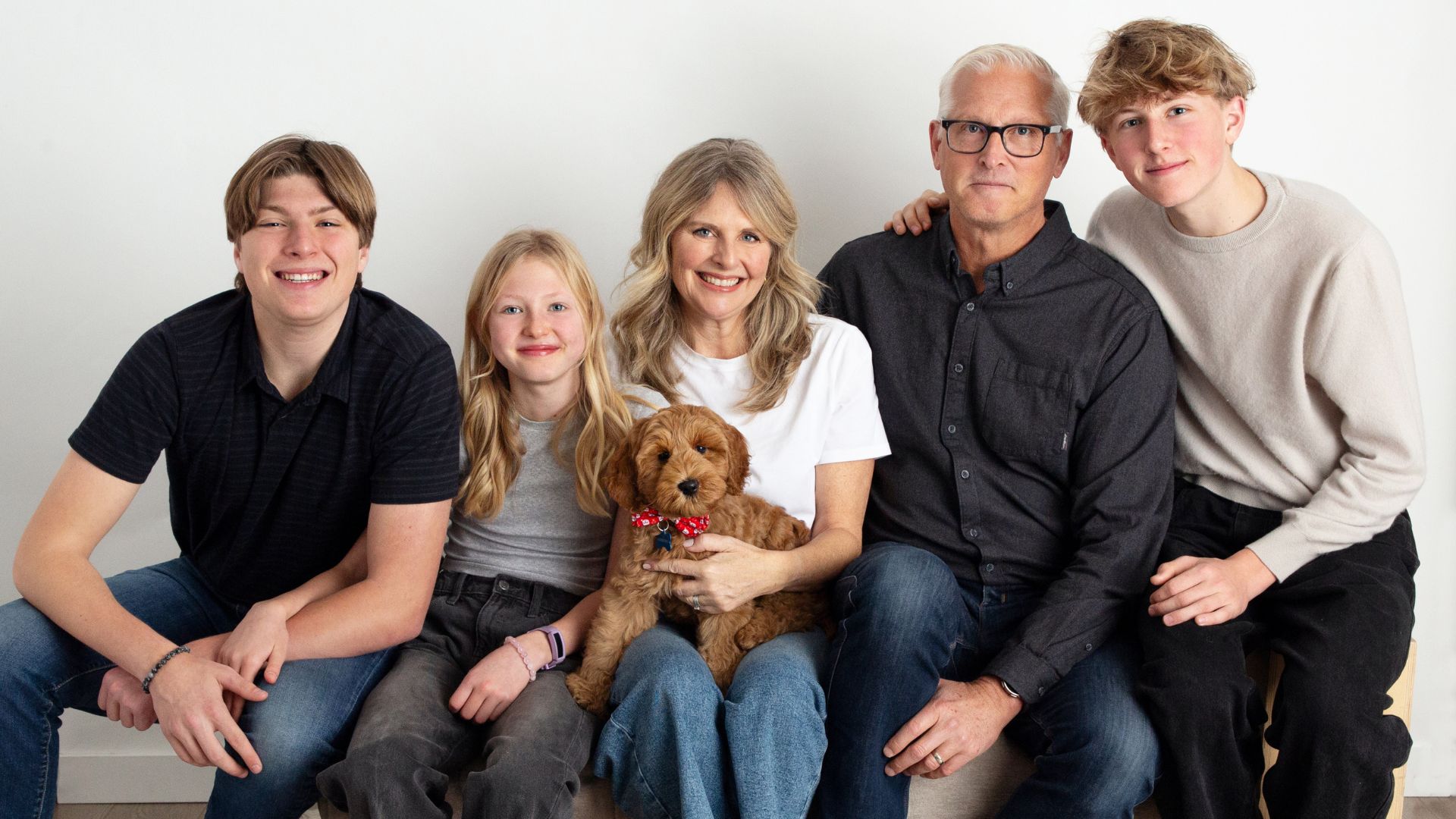It was a beautiful day in May 2018 when 28 year old Keya Milaire went out horseback riding in Langley’s Campbell Valley Park. She was exercising a horse for a friend and enjoying the sunshine when suddenly the animal panicked, reared up and fell backwards — directly on top of Keya.
The horse shot back up and took off, leaving Keya alone and broken in the tall grass. Her legs were tingling and felt numb. Luckily, Keya still had her cellphone and immediately dialed 9-1-1.
“I knew right away that something was broken, so I did my best to stay stationary on my side,” says Keya. “I was feeling numbness and tingling in my lower legs, so they sent a helicopter to come get me, but because of where I was laying in the tall grass, they couldn’t easily find me.”
After nearly 30 minutes of searching, Keya’s help arrived and she was taken to Royal Columbian Hospital. Due to the extent of the injuries to her spine Keya required highly specialized care in a timely manner. The kind of care and expertise only found at Vancouver General Hospital (VGH).
Standing tall
At VGH, Dr. Charles Fisher and the medical teams examined Keya and found extensive trauma to her body: two broken ribs, two fractures in her lower spine, and fractures on both sides of her sacrum which caused her pelvis to detach from the spine. To complicate matters further, she had spinal surgery near the same area on a similar injury nine years earlier.
The direction of care came to a fork in the road: Dr. Fisher knew surgery would allow her bones to heal faster, but a consequence of the procedure would take away her ability to bend at her lower back and therefore lower her long-term quality of life.
“To me looking at a young person, to take that away for the rest of her life, would not have been in her best interest,” says Dr. Fisher.
Instead of surgery, Dr. Fisher recommended an unorthodox method of care for the modern surgeon in 2019 — he wanted Keya to remain under bed rest at VGH, expecting her not to begin mobilizing for at least three months. This would allow the fractures to heal, her pain to be managed and for any possible complications to be immediately addressed.
Keya was a lifelong athlete, always working out and exploring the outdoors. The idea of being confined to a bed was less than thrilling, but, as a nurse herself, she agreed this was the best direction of care for her long-term health.
And so with an upbeat and optimistic attitude, Keya settled in for potentially months of bed rest at VGH.
Fighting through the pain
“In my first week I was very nauseous,” says Keya. “And I was told I would be on bed rest for three months. But I was determined to beat that.”
Keya wasn’t allowed to move for the first two weeks, aside from slightly shifting every now and then. She read and slept a lot, and looked forward to visits from her friends and family who came daily all the way out from Langley and Abbotsford. More than 50 different visitors came to see Keya, which helped her maintain a positive outlook throughout her stay.
But it was her best friend Hazel, her dog, who would always pick her spirits up. Hazel came to visit three to five days a week and was the best way to keep Keya smiling.
Once Keya could start moving and doing physiotherapy, she put all of her focus into her recovery.
“Despite being bed ridden, I started doing physio three to four times a day and I made sure I pushed myself as far as I could every time,” says Keya.
Seven weeks and two days later — a week before her 29th birthday — Keya was discharged, able-bodied and walking on her own.
Getting back on the horse
It’s a little less than a year later, and not only is Keya walking again, she is back to riding horses.
“It felt incredibly freeing to ride again,” says Keya. “If you’ve never experienced not being able to move or struggling to move, it’d be hard to relate, but just having that ability to move without effort was a beautiful thing to feel.”
Keya’s recovery is ongoing as she attends physiotherapy one to three days a week, massage therapy twice a week, and she goes to yoga and the gym as much as possible.
“I still have a long way to go before I’m back to 100 per cent, but because of the amazing staff at VGH I am going down the right path,” says Keya. “To be able to walk again is a gift, and I’m forever grateful to all of those who helped me.”

